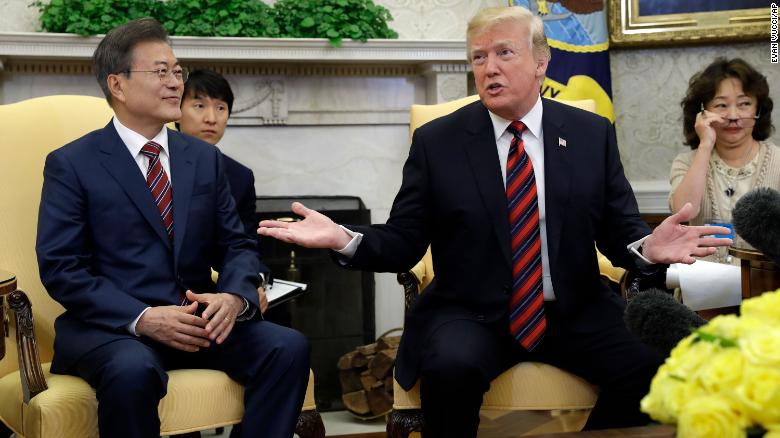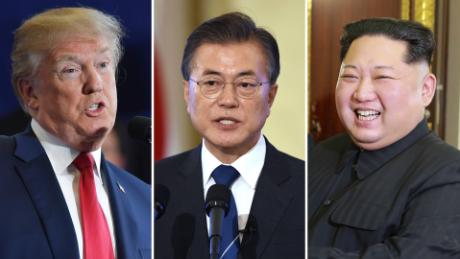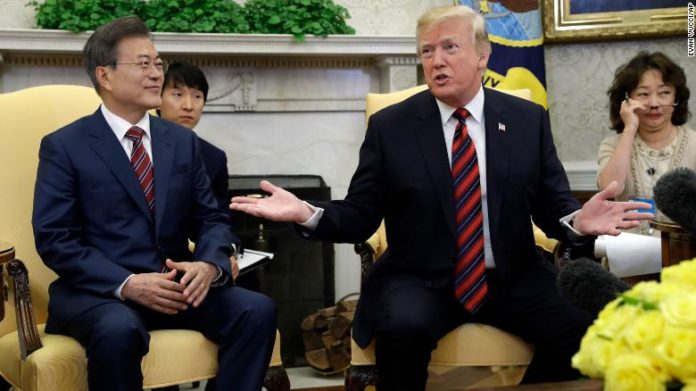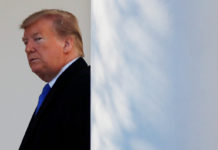
Washington (CNN)President Donald Trump’s spur-of-the-moment decision to agree to a face-to-face meeting with North Korea leader Kim Jong Un represented an unprecedented opportunity, but also a huge risk, most recently highlighted by a case of cold feet on both sides.
Anticipation about the June 12 meeting in Singapore is turning to pessimism, as the complexity of the initiative, the stark divides between Washington and Pyongyang, and inconsistencies in the White House’s approach to the meeting all become clear.
First, the Kim government threatened to pull out, blaming the “repugnance” of national security adviser John Bolton and his nuclear disarmament schemes.
Now Trump has switched from dreaming of Nobel prizes to warning that there is a “very substantial chance” that the meeting will not happen next month.

Trump is also speculating that China’s President Xi Jinping, who he called a “world class poker player” on Tuesday, may be behind Kim’s new hard line.
The atmosphere has soured from the euphoric optimism with which Trump welcomed home three US prisoners from North Korea two weeks ago to doubt and uncertainty.
“If it doesn’t happen, maybe it’ll happen later. Maybe it’ll happen at a different time, but we will see,” Trump said, alongside South Korean President Moon Jae-in at the White House on Tuesday.
So what is behind the sudden outburst of pessimism about what would be the most spectacular diplomatic summit in decades?
One explanation is that both the United States and North Korea, as they get past the initial wave of enthusiasm after Trump agreed to meet Kim, are being reminded of just how intricate their differences are.
The idea that Kim would give up a nuclear arsenal his country has spent decades acquiring and that he sees as the guarantor of his dynastic rule always struck many people who have dealt with the North Koreans as farfetched.
The fact that goal seems so distant and could take years of painstaking negotiations to achieve after a Kim-Trump summit may be what is fueling rising skepticism among some White House officials that the summit will take place.
It’s conceivable that Kim may be realizing, as North Korea invited journalists to watch the destruction of a nuclear test site Tuesday, exactly what the kind of aggressive verification measures the US is demanding would mean for his country.
“There is a whole lot of sites that are going to have to be shut down (and) inspected. This is going to take months and years,” Michael Anton, Trump’s former National Security Council spokesman, said on CNN’s “Erin Burnett OutFront.”










